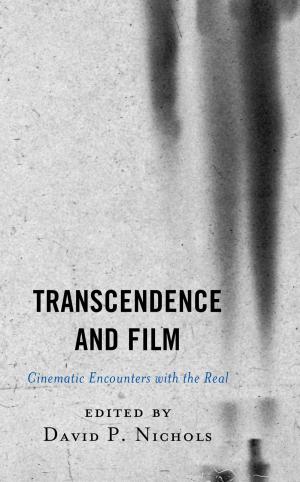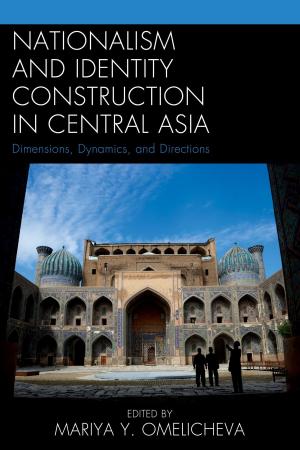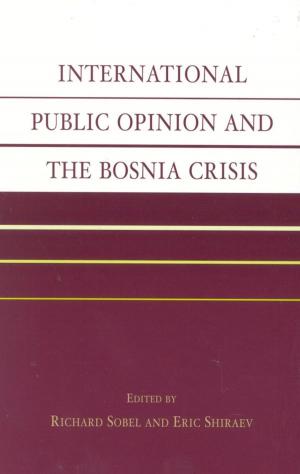The Question of Class in Contemporary Latin American Cinema
Nonfiction, History, Americas, Latin America, Entertainment, Performing Arts, Film| Author: | María Mercedes Vázquez Vázquez | ISBN: | 9781498553032 |
| Publisher: | Lexington Books | Publication: | November 28, 2018 |
| Imprint: | Lexington Books | Language: | English |
| Author: | María Mercedes Vázquez Vázquez |
| ISBN: | 9781498553032 |
| Publisher: | Lexington Books |
| Publication: | November 28, 2018 |
| Imprint: | Lexington Books |
| Language: | English |
The Question of Class in Contemporary Latin American Cinema responds to the renewed interest in class within and outside academia by examining the aesthetics and politics of class in a representative selection of films from the contemporary cinemas of Venezuela, Cuba, Mexico, Brazil, and Argentina. It explores the relationship of cinematic practices to conflicting socio-political transformations taking place in these five countries such as the intensification of neoliberalism, the Turn-to-the-Left, and the growth of the middle classes in the period from 2003 to 2015. Utilizing a critical comparative method , it sheds a critical light on the presumed depoliticization (or new, aestheticized politicization) of contemporary Latin American cinema. The combined textual and industrial analyses of films from strikingly different cinemas and directors through the lenses of class allows for a contextualization of this trend and the observation of its limitations. Furthermore, this book distinguishes cinematic figurations that correspond to new conceptualizations of class introduced in social studies from figurations of class that have yet to be conceptualized.
The Question of Class in Contemporary Latin American Cinema responds to the renewed interest in class within and outside academia by examining the aesthetics and politics of class in a representative selection of films from the contemporary cinemas of Venezuela, Cuba, Mexico, Brazil, and Argentina. It explores the relationship of cinematic practices to conflicting socio-political transformations taking place in these five countries such as the intensification of neoliberalism, the Turn-to-the-Left, and the growth of the middle classes in the period from 2003 to 2015. Utilizing a critical comparative method , it sheds a critical light on the presumed depoliticization (or new, aestheticized politicization) of contemporary Latin American cinema. The combined textual and industrial analyses of films from strikingly different cinemas and directors through the lenses of class allows for a contextualization of this trend and the observation of its limitations. Furthermore, this book distinguishes cinematic figurations that correspond to new conceptualizations of class introduced in social studies from figurations of class that have yet to be conceptualized.















